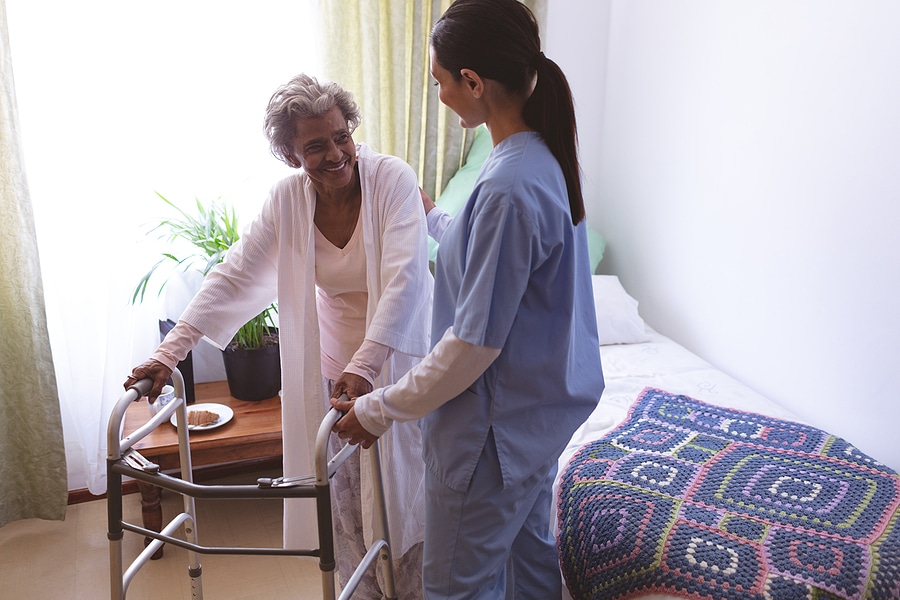At Compassion Crest Home Care, we provide hospice support care services that aim to improve the quality of life of individuals and their families during the end-of-life journey.
Our hospice support care services include:
We understand that each individual has unique needs and preferences, so we work closely with hospice professionals to create personalized care plans that best suit the individual’s needs.
Our goal is to provide compassionate and respectful care that allows individuals to maintain their independence, dignity, and quality of life during this challenging time.
If you need hospice support care for yourself or a loved one, please feel free to contact us. We are here to help and support you and your family through this difficult time.
Hospice care is designed to provide supportive care for those nearing the end of life. It offers a variety of services to help individuals stay comfortable and live with dignity.
What types of services are provided with hospice care?
All these services are tailored to meet each individual’s needs in order to make them as comfortable as possible.
In addition to physical, emotional, and spiritual support, hospice care often provides homemaking assistance such as light housekeeping or meal preparation. They will also provide social activities that are tailored to meet the needs of each individual patient.
TIP: Having supportive hospice care can make a real difference during this difficult time in someone’s life; it provides comfort both physically and emotionally while allowing patients to remain in their own homes when possible.


My mom is a client with Compassion Crest. R.M. is my mother caregiver. R.M. is working out very well. She’s always on time very professional and comes right in and gets started on her shift. My mom has dementia and her caregiver is so patient with her. We are so used to her we don’t want any other caregiver, I hope R.M. never leaves Compassion Crest. We love her.
-F.A.
Have questions about in-home care? Fill out our form and let’s have a conversation. We can answer your questions.
When it comes to hospice care at home, non-medical supportive services are just as important for the patient and their family. These services help provide respite care and emotional support, allowing the family to focus on quality time with their loved ones.
Supportive hospice services vary from patient to patient depending on their needs. Generally, these services involve anything that helps provide comfort and peace of mind for the individual and those around them.
This could include providing physical assistance such as helping with:
These non-medical supportive hospice services can be beneficial in many ways: they can help ease the burden of caregiving, provide companionship and support, and ensure that the person’s wishes are respected throughout the entire process. Ultimately, they make it possible for people to live out their lives with dignity while surrounded by compassion and love.
These services are incredibly beneficial to seniors approaching the end of life because they can help them maintain their desire to stay home longer. They also create an opportunity for meaningful connection that may not be possible without the presence of a supportive caregiver. Companionship and personal care can provide much-needed relief to family members who are providing supportive end of life care for a loved one.
Non-medical home care provides a much-needed break for family members who care for a loved one at the end of their life. It gives them the chance to rest and recover from the emotional toll of providing care around the clock.
Compassionate, non-medical home care providers understand the needs of those with terminal illnesses and their families. They can help with tasks such as cooking, cleaning, bathing, dressing, and taking them to appointments. This gives family members the chance to take a break, knowing that their loved one is in good hands.
Having this extra help can make a big difference for those who feel overwhelmed by hospice care responsibilities. It helps them find balance between their own needs and caring for their loved one.
TIP: If you are caring for someone at end-of-life, consider enlisting help from a non-medical home care provider so that you can have an opportunity to rest and recharge without worrying about your loved one’s safety or wellbeing.